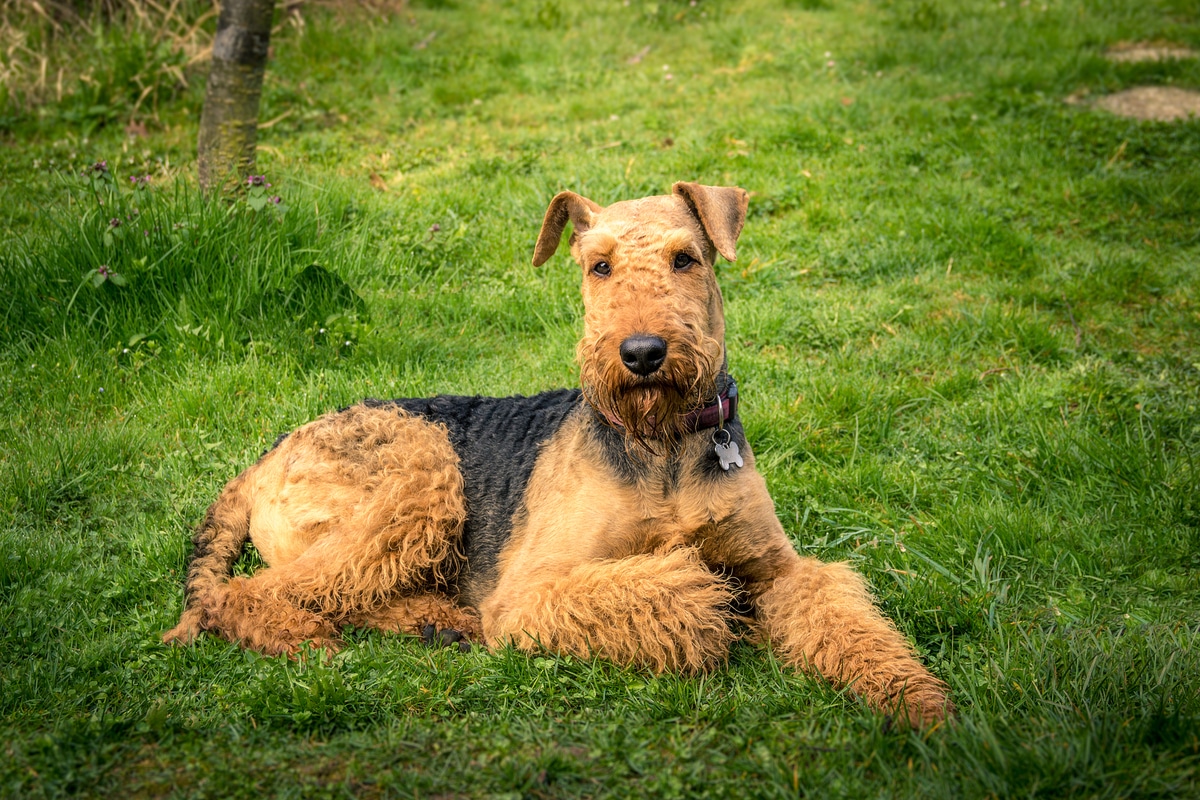
Basenji is an African hunting dog. It was bred from central Africa stock. The Federation Cynologique Internationale has placed this breed in the Spitz category. This breed is well-known for its distinct yodel sounds, which are unique to it. If you are interested in purchasing a Basenji, it is important to learn about the breed's origins and characteristics.
Basenji's heritage
Basenji is an independent, intelligent hound breed. Basenji loves to be active. They will run, sniff, play and even sniff with their owner. Basenjis can have red, tri-colored, or white coats. These dogs are often called "mischievous dog"
Basenjis can bark while others cannot. Basenjis are less vocal than other breeds. They also possess an exceptional watchdog instinct. Even though they don't bark very often, Basenjis can be heard making other noises like meowing and whimpering. Basenjis are great for older children.
Basenji-like dogs, similar to Basenji, were discovered in cave paintings dating back to 6,000 years in Libya. They can also be found together with Pygmy tribes from the Congo Basin or South Sudan. Basenjis were also depicted in Egyptian relics, which date back to 3000 BC. These relics show dogs with curled tails as well as pricked ears.
Characteristics

Basenjis also have the ability to be very independent. It is a positive trait that can make the dog very independent, but can also lead to a lack of socialization. Basenjis can be very intelligent and are difficult to train. They have high energy levels and may get bored easily if they're not kept busy. The breed is extremely old and appears on artifacts that date back to ancient Egypt or Babylon.
The Basenji is independent and very loyal, but they are also very loving and loyal. Their intelligence and intelligence are attractive to many people. Basenjis are the only breed that will let themselves lick their own skin, which is a rare trait among other breeds. The Basenji, however, will not wipe their nose on your favorite chair or clothing, as they are not like other dogs. Their owners will find them to be clean and tidy.
Care
Basenjis are generally healthy, but they can have a number of health problems. Hypothyroidism is a condition in which the thyroid hormone levels are too low. Some of the symptoms of this condition include dry skin, increased susceptibility to skin diseases, and dilated pupils. It can also lead the dog to be more fearful, anxious, and overweight. A veterinarian will test the dog for hypothyroidism and assess the dog’s behavior. If the dog shows signs of hypothyroidism or other symptoms, they will usually prescribe replacement hormones.
Basenjis have an average annual vet bill of $500-$1,500. Plan accordingly. Unexpected costs can be covered by pet insurance. There are a variety of pet insurance plans available for Basenjis, and comparing plans is a good way to find a policy that best suits your needs.
Training
Training a Basenji can be difficult. This breed is well-known for its energy and willingness to obey commands. Basenjis need to be used to being under the control of their owners. When given the correct commands, however, Basenjis will still show signs of obedience. These are some tips that will help you train your dog. Use positive reinforcement and pay attention to your dog. It is important that you reward your dog when your dog obeys a command.

Basenjis have sensitive skin so positive training methods are important. Clickers, lures, as well as positive reinforcement can be used to teach your dog tricks. You should avoid using force to train your dog. Force can lead to aggressive behavior.
Exercise
Exercise is a great way to bond with your Basenji, and there are several ways to get your dog moving. A great way to get your Basenji moving is to go for a walk with him or her, or even just to jog. Your dog won't overheat if you don't dress appropriately. You might also consider walking your dog around a local pond. This is a great exercise option for Basenji, and it doesn't involve the risk of him wandering away.
Plan two 30-minute sessions per day to give your Basenji exercise. This exercise routine can consist of daily jogs, walks, or supervised yard romps. Basenjis are active and need exercise both mentally and physically. Running is a popular sport for dogs.
FAQ
What do you do if your dog bites somebody?
If an animal attacks you, it is important to first make sure it isn't rabid. If this is impossible, you can call for help. Do not attempt to handle the situation yourself, as you could become seriously injured.
If the animal does bite but is not aggressive, you should take it to the veterinary clinic. Your vet will examine the animal and decide if any additional treatment is required.
Most cases will require rabies shots. You should never administer them yourself. This should only be done by a licensed person.
What's the best pet?
The best pet is the one you love. There is no right answer here. Every individual has his/her own opinion on the best pet.
Some people believe that cats are better than dogs. Others feel that dogs can be more loyal and loving than cats. Still, others argue that birds are the best pet.
However, no matter what pet you choose to have, you need to decide which pet is best for you.
If you're friendly and outgoing then a dog is right for you. A cat or dog would be the best for you, if you are shy and reserved.
Also, consider the size of your apartment or house. A smaller apartment means you'll need a less large pet. On the other hand, a large house means that you'll need more space.
Remember, pets need lots and lots of attention. They must be fed often. They should be taken on walks. They must be brushed regularly.
If you know all these things, you'll be able to pick the best pet for yourself.
What are some signs that my pet might be sick?
Several symptoms indicate your dog is sick. Some symptoms are:
-
Vomiting
-
Diarrhea
-
Lethargy
-
Fever
-
Weight loss
-
Reduction in appetite
-
Coughing
-
Difficulty breathing
-
Bleeding from below the nose
-
Urine or stool contaminated with blood
These are only a few examples. Your vet will know exactly what to look for.
Statistics
- It is estimated that the average cost per year of owning a cat or dog is about $1,000. (sspca.org)
- Pet insurance helps pay for your pet's medical care, with many policies covering up to 90 percent of your vet bills. (money.com)
- A 5% affiliation discount may apply to individuals who belong to select military, law enforcement, and service animal training organizations that have a relationship with Nationwide. (usnews.com)
- Reimbursement rates vary by insurer, but common rates range from 60% to 100% of your veterinary bill. (usnews.com)
- In fact, according to ASPCA, first-year expenses can sum up to nearly $2,000. (petplay.com)
External Links
How To
How to train your pet dog
A pet dog provides companionship and emotional support to its owner. It can also protect you from predators or other animals.
A pet dog must be trained by its owners to perform certain tasks such as fetching items, guarding against intruders, obeying commands, and performing tricks.
The typical training period lasts from six months to two and a half years. The owner teaches basic obedience skills to the dog, including sitting, lying down, staying, coming when called, walking on command, and rolling over. The dog's natural instincts are taught to the owner and the dog learns to obey basic verbal commands.
The owner should also teach the dog to behave appropriately in unfamiliar situations and not bite other animals.